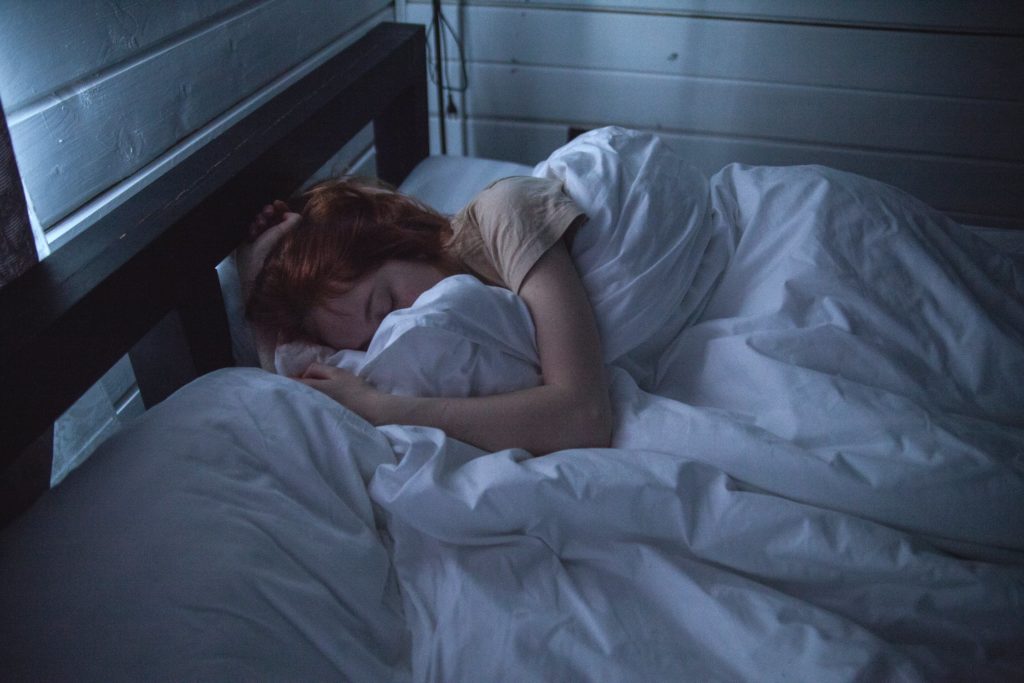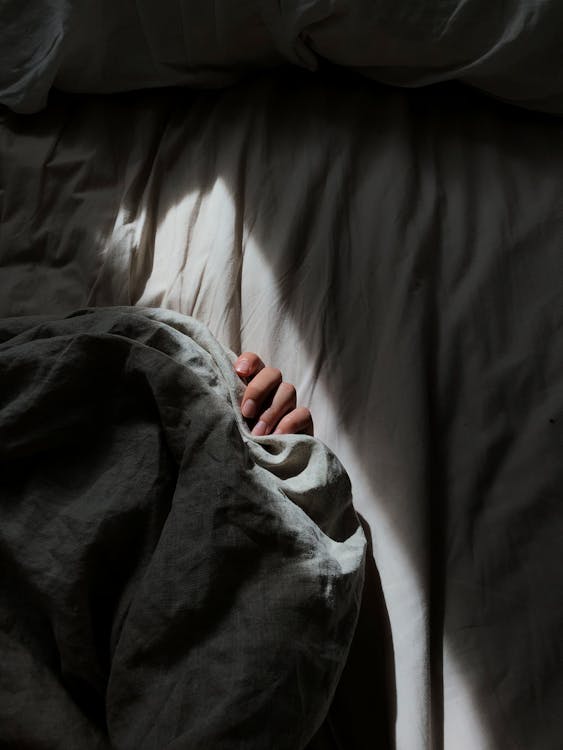Sleep lies and Common Myths around Mattress
Our knowledge about sleep, why we need it, and how best to do it, is better than ever. The traditional theories and methods that we have used for so long have not only been questioned but sometimes proved to be completely inaccurate. But for some reason, myths surrounding mattresses and sleep in general still manage to cling on.
Questions like, how many hours of sleep do we need, what’s the best way to try and fall asleep, what kind of mattress is best, and what you should and shouldn’t eat or do before can make sleeping a whole lot more complicated than it really needs to be. Really we’re all just trying to find the best way to have a good night’s sleep, whether that’s six hours or nine hours of sleep per night.
Here are 6 common sleep myths about mattresses and why they are not at all as they seem. Let’s get debunking!

1. Myth – Lying down on a mattress in a showroom is enough
We’ve all done it. You’re walking through a showroom when you see something you like. After a quick lie down, you decide that this is the mattress that you are going to sleep on for the next 10 years. This may have been acceptable in 1983, but not in 2021. We need to spend some time with our mattresses and beds before we really know how they will affect our bodies, our health, and our sleeping habits.
Most major mattress suppliers now offer a trial period, and this is the only reliable way to get a good idea about how your body and the mattress will work together. Not all companies offer trials, but for the most expensive brands, they really should. A top-quality mattress isn’t cheap these days, so don’t base your decision on 30 seconds in the showroom when you’re probably tired and eager to go home anyway. The brain is not necessarily the best way of judging your sleeping preferences, so don’t choose the first mattress you find and take your time when it comes to choosing.

2. Myth – Hard mattresses are best for bad backs
This is a common myth as old as the hills. In fact, it’s so old that we simply repeat it without even thinking- like some never-ending mattress’s mantra on repeat. This may have had a general degree of truth in the past when a mattress was either hard or soft, but with the advancements in mattress technology in recent years, it is no longer accurate.
So what’s best? A medium-firm mattress is probably the best way to go if you have a bad back or are suffering from chronic pain as it’s likely that it will offer you the best combination of comfort and support. A very firm mattress will offer excellent support but might be considered less comfortable, it also may well force your hips and shoulders upwards, leaving the lower back unsupported. This could lead to sleep deprivation and if you’re always tossing and turning to try and find a comfortable position it could not only aggravate your back but ruin a good night’s sleep too.
For more specific information on mattresses for those with bad backs, check out our Best Mattresses for Bad Backs.
3. Myth – Memory foam mattresses will leave you hot and sticky to the bed.
Again, this is probably a myth that has its roots in some of the early models and for some reason, has continued. The truth is that the science around memory foam has surged in recent years, and some of the best cooling mattresses around now fall into this category. A survey conducted on SleepLikeTheDead.com (SLTD) found that only about 8% of customers experienced over-heating on a memory foam mattress. Yes, this was slightly higher than traditional spring beds (5%) but this it’s still remarkably low. The common myth is that memory foam is comfortable, but you pay for it with heat. This is old-fashioned thinking and should be hurdled into the rubbish-filled with all of our outdated notions and archaic myths. Remember when tobacco companies tried to tell us smoking was actually healthy? This one deserves to be completely debunked once and for all.

4. Myth – It should be a perfect fit from the first night.
The human body can take up to a month to become accustomed to a new sleep environment. This goes for sounds, light, schedules and even smells, but certainly applies to what you are sleeping on. If you have slept on a soft mattress for 20 years, do you expect that your first night on a firm mattress is going to be a dream experience? Probably not.
In fact, the hard truth is you may need to get through a few difficult nights before your body starts to acclimatise to a new way of sleeping. This is another reason that having a trial is such a good idea. If after 30 days you are still not comfortable on the mattress or suffering from serious sleep deprivation because of it, then yes, it may not be for you. But give it a chance. This is a myth that links back with not making a snap decision in a showroom. We all want a comfortable, healthy sleep, but sometimes this takes time.
5. Myth – It’s all about the coil count
People love high numbers. We are easily sold on megapixels with the highest amount, and mattresses are not different. Companies are now really pushing the coil count up and up, and it’s easy to see why people easily equate the numbers of coils with how comfortable the mattress is, and consequently, how well they will sleep. The reality is that the technology around mattresses has developed well beyond simply coil numbers and a high coil count is often a sure-fire way to get the highest prices.
That being said, a mattress with an extremely low coil count is likely to be of poor quality, but mid-level counts are often not only excellent mattresses but can also represent better value for money.
6. Myth – A dream mattress will change your sleeping life
Maybe a little controversial for a website giving advice on which mattress to buy and how to improve sleeping habits, but we have to be honest here. Too many companies sell their products as the magic ticket for a good night’s sleep. A great mattress will certainly help, but it is by no means the final say on the matter. Perhaps this is why these kinds of mattress myths continue.
There are countless reasons we don’t sleep well, from drugs and alcohol to stress and bad habits in life that affect our overall health. If you sit for 9 hours a day on a bad chair, you are going to have a bad back, and no matter how much money you invest in a mattress, it’s not going to solve the root cause.
If you have problems sleeping, your mattress should be only one of a few different aspects that you should try to alter. Are you responding to stressful work emails just before going to bed? Or mindlessly scrolling through social media for hours? A mattress can be a part of changing your sleep life, but never expect that it will be a quick fix. Change your life patterns and get a great mattress at the same time.

Conclusion
There is a very little set in stone when it comes to a mattress. Some can fall asleep easily on any mattress, while others develop such an unconscious attachment that it can take a long time for the body to get used to a new mattress.
Like most myths, those relating to sleeping habits may well have applied to the past, but the science around sleep has changed dramatically in recent decades. Our final point is – if it feels good and allows you to sleep, then go for it, and ignore those old-fashioned myths that have a habit of complicating life.
If you like what you do you can head over to our Facebook Page and connect with us. You can also read our in-depth review of some of the best-selling mattresses in the UK.
